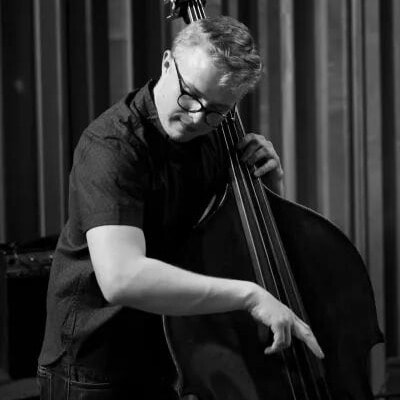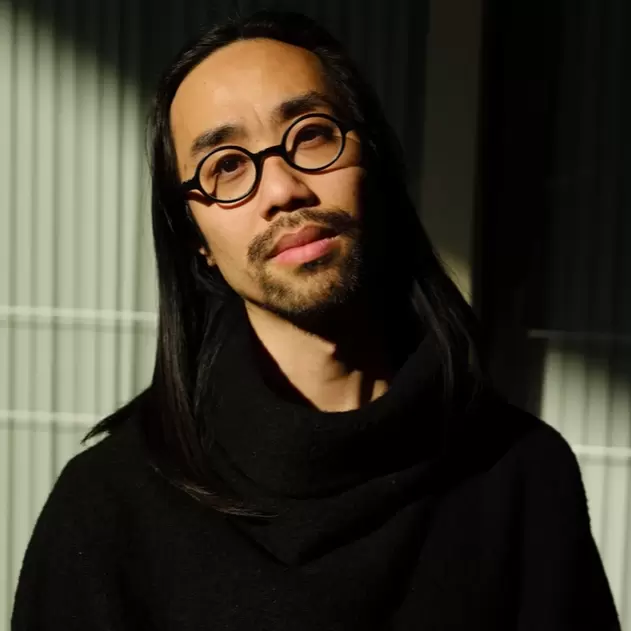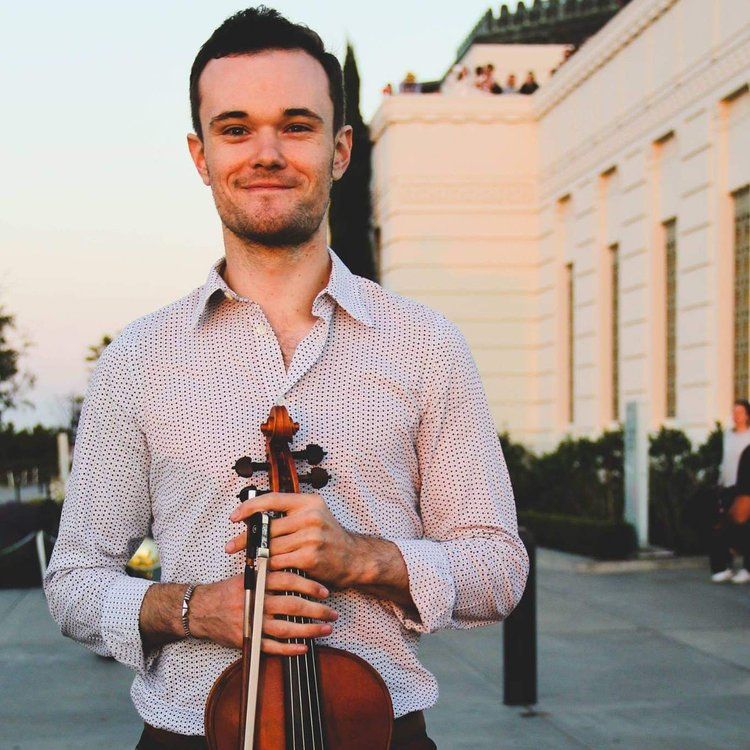Program
| Implosion Is Compulsory |
| Miller Wrenn |
|
Ensemble: Breana Gilcher, oboe; M.A. Tiesenga, saxophone; Ethan Marks, trumpet; Clint Dodson, drums; Patrick Shiroishi, saxophone; Tal Katz, cello; Carson Rick, viola; Katie Eikam, vibraphone; Miller Wrenn, double bass |
John F Kennedy once said, “…time and the world do not stand still. Change is the law of life. And those who look only to the past or the present are certain to miss the future.”
The fundamental principle of change is a truth that exists at all levels. On the macro level, the very notion that life will continue steadily on, the stars fixed in the sky, the planets neatly in their orbits, is an illusion brought on by the limited vision of our terribly short-lived human perspective.
On the individual level too, there is no stillness. Even what we consider the act of “standing-still” is the process of dozens of micro-adjustments per second, a continuous physical re-assessing of our relationship to gravity just to maintain the illusion of staying in one place.
The same is true in our relationships to one another and how we form a sense of community. We are in perpetual motion, always shifting in a wobbly dance around each other and ourselves, each moment a reassessing of how we can maintain relative stability in our constantly shifting relationships.
The law of change states that “everything is in the process of becoming something else”. The question, then, is what will be the nature of that change and how will we navigate it?
As the composer and improviser Miller Wrenn says, “Improvisation is best understood as a metaphor of communal living, and the fundamental principle of that community is the navigation of change.” Compelled by the micro and macro models found in both cosmology and human relations, Miller looks for astronomic parallels to understand the essence of community.
The nature of planetary orbits, the unique patterns of binary and trinary stars, astronomical systems organized hierarchically or in highly unstable ‘trapezia’, the presence of ‘Cataclysmic variables’ leading to novas and supernovas, all find parallels in our interpersonal relationships. They search for stable orbits, shift to accommodate new variables or eject runaway stars, expand, resisting implosion, and suddenly collapse or explode. Sometimes both.
As an individual in these volatile communal systems, there is something deeply mysterious, and perhaps even sacred, to how we navigate change as a community. The community is a massive interactive network made from components of different sizes that balance together to create a living system with its own life, one greater than the sum of its individual parts. This ‘group consciousness’, an emergent phenomenon some theorists suggest might be present in all dynamic systems, both cosmological as well as biological, exists in a delicate dance between our identity as an individual and the emergent collective experience.
The opportunity and challenge of an improvisation based musical community is the mandate to remove the barriers that separate your activity as an isolated performer and enter into that larger group consciousness, letting go of our willful intentions and, as they say, “going with the flow”, letting the currents of the greater, emergent, macro-consciousness take over, an invisible hand playing the ensemble directly, shaping the sound.
And yet, falling 100% lock-step into the group mind might become musically uninteresting. The drama of a composition comes from the play between tension and release, expectation and surprise, consonance and dissonance. Just as a group of performers playing as disconnected individuals will produce a cacophony, achieving a complete hivemind lacking the spontaneous uncertainty that is only possible when in opposition to an “other”, will lose our attention as well.
When we become aware of this relational tension between the small and big self, the individual and the group, and learn to fully embrace both, we find an echo of the impossible math in modern christian theology; not a mid-point between two opposites but 100% individual and 100% collective at the same time, holding both ends of that binary together, simultaneously expanding and contracting, the macro and micro together in a new oneness, unity in diversity.
The truth is, whatever part of that spectrum we are experiencing, our place in it is always relational. no matter how far apart or seemingly individual, we expand and contract in relationship to each other. We are helplessly and forever interconnected, and every movement we make is affected by and affects those around us. We are an inevitability to each other.
Implosion isn’t just compulsory, it’s our natural, perpetual, joyful state of being.
Or, as the great musician Anthony Braxton would say, “Hurray for unity”.
Program
| Implosion Is Compulsory | Miller Wrenn |
|
Ensemble: Breana Gilcher, oboe; M.A. Tiesenga, saxophone; Ethan Marks, trumpet; Clint Dodson, drums; Patrick Shiroishi, saxophone; Tal Katz, cello; Carson Rick, viola; Katie Eikam, vibraphone; Miller Wrenn, double bass |
|
John F Kennedy once said, “…time and the world do not stand still. Change is the law of life. And those who look only to the past or the present are certain to miss the future.”
The fundamental principle of change is a truth that exists at all levels. On the macro level, the very notion that life will continue steadily on, the stars fixed in the sky, the planets neatly in their orbits, is an illusion brought on by the limited vision of our terribly short-lived human perspective.
On the individual level too, there is no stillness. Even what we consider the act of “standing-still” is the process of dozens of micro-adjustments per second, a continuous physical re-assessing of our relationship to gravity just to maintain the illusion of staying in one place.
The same is true in our relationships to one another and how we form a sense of community. We are in perpetual motion, always shifting in a wobbly dance around each other and ourselves, each moment a reassessing of how we can maintain relative stability in our constantly shifting relationships.
The law of change states that “everything is in the process of becoming something else”. The question, then, is what will be the nature of that change and how will we navigate it?
As the composer and improviser Miller Wrenn says, “Improvisation is best understood as a metaphor of communal living, and the fundamental principle of that community is the navigation of change.” Compelled by the micro and macro models found in both cosmology and human relations, Miller looks for astronomic parallels to understand the essence of community.
The nature of planetary orbits, the unique patterns of binary and trinary stars, astronomical systems organized hierarchically or in highly unstable ‘trapezia’, the presence of ‘Cataclysmic variables’ leading to novas and supernovas, all find parallels in our interpersonal relationships. They search for stable orbits, shift to accommodate new variables or eject runaway stars, expand, resisting implosion, and suddenly collapse or explode. Sometimes both.
As an individual in these volatile communal systems, there is something deeply mysterious, and perhaps even sacred, to how we navigate change as a community. The community is a massive interactive network made from components of different sizes that balance together to create a living system with its own life, one greater than the sum of its individual parts. This ‘group consciousness’, an emergent phenomenon some theorists suggest might be present in all dynamic systems, both cosmological as well as biological, exists in a delicate dance between our identity as an individual and the emergent collective experience.
The opportunity and challenge of an improvisation based musical community is the mandate to remove the barriers that separate your activity as an isolated performer and enter into that larger group consciousness, letting go of our willful intentions and, as they say, “going with the flow”, letting the currents of the greater, emergent, macro-consciousness take over, an invisible hand playing the ensemble directly, shaping the sound.
And yet, falling 100% lock-step into the group mind might become musically uninteresting. The drama of a composition comes from the play between tension and release, expectation and surprise, consonance and dissonance. Just as a group of performers playing as disconnected individuals will produce a cacophony, achieving a complete hivemind lacking the spontaneous uncertainty that is only possible when in opposition to an “other”, will lose our attention as well.
When we become aware of this relational tension between the small and big self, the individual and the group, and learn to fully embrace both, we find an echo of the impossible math in modern christian theology; not a mid-point between two opposites but 100% individual and 100% collective at the same time, holding both ends of that binary together, simultaneously expanding and contracting, the macro and micro together in a new oneness, unity in diversity.
The truth is, whatever part of that spectrum we are experiencing, our place in it is always relational. no matter how far apart or seemingly individual, we expand and contract in relationship to each other. We are helplessly and forever interconnected, and every movement we make is affected by and affects those around us. We are an inevitability to each other.
Implosion isn’t just compulsory, it’s our natural, perpetual, joyful state of being.
Or, as the great musician Anthony Braxton would say, “Hurray for unity”.
Performers
|
Miller Wrenn |
“One of Los Angeles’ most fearless improvisers,” Miller Wrenn is a Los Angeles-based bassist and composer-improviser. He works primarily in the fields of new, creative, and improvised music. He performs and records frequently in a wide variety of contexts and has been fortunate to do so with artists such as Vinny Golia, Eyvind Kang, Hildur Guðnadóttir, Stephanie Richards, Dan Rosenboom, Alex Cline, Vicki Ray, GE Stinson, Mark Menzies, Larry Koonse, Joe LaBarbera, Tony Malaby, and many others. |
|
Breana Gilcher, MT-BC is an oboist, educator, improviser, and board-certified Music Therapist based in Los Angeles. She performs throughout California in a variety of musical settings, playing classical orchestral music with groups such as the Los Angeles Chamber Orchestra, LA Opera, Santa Barbara Symphony, Long Beach Symphony, Hollywood Chamber Orchestra, and Fresno Philharmonic, new music with wild Up contemporary music collective and Jacaranda Music, and historic performance with Musica Angelica Baroque Orchestra. Passionate about improvisation, Breana frequently performs in improvised settings, including her own electroacoustic chamber ensemble Petrichor, which was invited to perform at the 2019 International Society for Improvised Music Festival and Conference. As a soloist she won second prize in the Riverside Philharmonic’s 2018 Concerto Competition for her performance of Vaughan Williams’ Concerto for Oboe and Strings. Breana also works extensively as a studio musician, contributing to scores for film and television. Breana holds a Bachelor of Music degree in Music Therapy with specialized studies in Oboe Performance from Florida State University and a Master of Fine Arts degree in Oboe Performance from California Institute of the Arts. Her primary teachers were Dr. Eric Ohlsson and Dr. Allan Vogel, respectively. She has pursued additional studies of English horn with Carolyn Hove, Baroque oboe with Gonzalo Ruiz, and improvisation with Vinny Golia. A dedicated educator, Breana is on faculty at the University of Californa, Santa Barbara as the Lecturer in Oboe. In addition to her university teaching, she works as a Teaching Artist with Harmony Project and maintains her own private teaching studio. |
Breana Gilcher |
|
Breana Gilcher |
Breana Gilcher, MT-BC is an oboist, educator, improviser, and board-certified Music Therapist based in Los Angeles. She performs throughout California in a variety of musical settings, playing classical orchestral music with groups such as the Los Angeles Chamber Orchestra, LA Opera, Santa Barbara Symphony, Long Beach Symphony, Hollywood Chamber Orchestra, and Fresno Philharmonic, new music with wild Up contemporary music collective and Jacaranda Music, and historic performance with Musica Angelica Baroque Orchestra. Passionate about improvisation, Breana frequently performs in improvised settings, including her own electroacoustic chamber ensemble Petrichor, which was invited to perform at the 2019 International Society for Improvised Music Festival and Conference. As a soloist she won second prize in the Riverside Philharmonic’s 2018 Concerto Competition for her performance of Vaughan Williams’ Concerto for Oboe and Strings. Breana also works extensively as a studio musician, contributing to scores for film and television. Breana holds a Bachelor of Music degree in Music Therapy with specialized studies in Oboe Performance from Florida State University and a Master of Fine Arts degree in Oboe Performance from California Institute of the Arts. Her primary teachers were Dr. Eric Ohlsson and Dr. Allan Vogel, respectively. She has pursued additional studies of English horn with Carolyn Hove, Baroque oboe with Gonzalo Ruiz, and improvisation with Vinny Golia. A dedicated educator, Breana is on faculty at the University of Californa, Santa Barbara as the Lecturer in Oboe. In addition to her university teaching, she works as a Teaching Artist with Harmony Project and maintains her own private teaching studio. |
|
M.A. Tiesenga |
M.A. Tiesenga, originally from Chicago, IL, is an LA-based interdisciplinary artist, multi-instrumentalist, composer, and animator currently pursuing a dual Master’s degree in Composition - Experimental Sound Practices and Experimental Animation at California Institute of the Arts. At CalArts, They study with Michael Pisaro, Eyvind Kang, Sara Roberts, and Ulrich Krieger. Previously, M.A. earned their BM in Saxophone Performance from the Eastman School of Music, studying under Professor Chien-Kwan Lin. In their work work, Marta explores and experiments with intersections between music cognition, music theory, repetition, composition, language and nonverbal communication, transience, and experience. They work with images, sound, performance, and strive to find an encompassing synthesis between media with inter-sensory art. During her undergraduate at Eastman, M.A. performed with the Eastman Wind Ensemble, directed by Dr. Mark Scatterday, OSSIA, SoundExChange, and was a founding member of Eastman Saxophone Project, “ESP” – the first conductor-less saxophone ensemble in the United States to perform completely from memory. She is also a former member of the Wheaton Municipal Band. Marta has performed in masterclasses led by Otis Murphy (Indiana University), Claude Delangle (Conservatoire National Superieur de Musique de Paris), Lars Mlekusch (Konservatorium Wien University), and Carrie Koffman (The Hartt School, University of Hartford). From 2010-2018, M.A. has composed extensively, including collaborations with the Civic Orchestra of Chicago with coachings conducted by members of Eighth Blackbird, the New Century Players, and ensembles at the Eastman School of Music, New England Conservatory, and California Institute for the Arts. Currently residing in Los Angeles, M.A. is an active performer, improvisor, and proponent of new music and interdisciplinary collaborations, working with artistically diverse groups ranging from animators to choreographers |
|
Ethan Marks is an LA-based trumpeter and performance artist attempting to reshape the role of the instrumentalist in contemporary music-making. Emphasis and attention are placed on the physical gesture and the collision between body and the instrument-as-interface. Much of the sounds he is interested are similarly physical, subtle, and often overlooked. His work is usually improvised, is sometimes silly, and has involved feedback, video, noise, household objects, power tools, and plundered recordings. He hopes to challenge the audience to listen deeply to the unexpected so that they may take that enhanced perception out of the performance and experience the sounds of their world with new vibrancy. Marks is active in the LA experimental music scene, and his collaborations include Nicholas Deyoe, Patrick Shiroishi, Marta Tiesenga, Tim Feeney, Dylan Fujioka, Vinny Golia, Jeonghyeon Joo, Miller Wrenn, Kozue Matsumoto, Erin Demastes, Cassiopeia Sturm, David Aguila, Amy Golden, Eric Heep, the Carillon trumpet quartet, and WasteLAnd music. He has performed at Coaxial, the Mortuary, rec center, Betalevel, Art Share L.A., Highways Performance Space, and Santa Monica Public Library, among others. In addition to his work in LA, Marks has presented internationally at the Darmstadt Fereinkurse für Neue Musik and the International Society for Improvised Music 2016 Conference in Guelph, Canada. Marks holds degrees in trumpet performance from California Institute of the Arts (MFA 2017) and The University of Texas at Austin (BM 2013). |
Ethan Marks |
|
Ethan Marks |
Ethan Marks is an LA-based trumpeter and performance artist attempting to reshape the role of the instrumentalist in contemporary music-making. Emphasis and attention are placed on the physical gesture and the collision between body and the instrument-as-interface. Much of the sounds he is interested are similarly physical, subtle, and often overlooked. His work is usually improvised, is sometimes silly, and has involved feedback, video, noise, household objects, power tools, and plundered recordings. He hopes to challenge the audience to listen deeply to the unexpected so that they may take that enhanced perception out of the performance and experience the sounds of their world with new vibrancy. Marks is active in the LA experimental music scene, and his collaborations include Nicholas Deyoe, Patrick Shiroishi, Marta Tiesenga, Tim Feeney, Dylan Fujioka, Vinny Golia, Jeonghyeon Joo, Miller Wrenn, Kozue Matsumoto, Erin Demastes, Cassiopeia Sturm, David Aguila, Amy Golden, Eric Heep, the Carillon trumpet quartet, and WasteLAnd music. He has performed at Coaxial, the Mortuary, rec center, Betalevel, Art Share L.A., Highways Performance Space, and Santa Monica Public Library, among others. In addition to his work in LA, Marks has presented internationally at the Darmstadt Fereinkurse für Neue Musik and the International Society for Improvised Music 2016 Conference in Guelph, Canada. Marks holds degrees in trumpet performance from California Institute of the Arts (MFA 2017) and The University of Texas at Austin (BM 2013). |
|
Patrick Shiroishi |
Patrick Shiroishi is a Japanese-American multi-instrumentalist & composer based in Los Angeles. Solo Saxophone. Upsilon Acrux (w/ Dylan Fujioka, Noah Guevara, Mark Kimbrell & Paul Lai), Corima (w/ Andrea Calderon, Paco Casanova, Ryan Kamiyamazaki & Sergio Sanchez), In the Womb (w/ Dylan Fujioka), Oort Smog (w/ Mark Kimbrell), Nakata (w/ Paco Casanova), Sunreader (w/ Paul Carter & Ethan Sherman), Hoboglyphs (w/ Henry Barajas, Jason Rodriguez & Jeeshaun Wang), Sewing Circle (w/ Noah Guevara & Arturo Ibarra), Doctor9 (w/ Michael Ruiz & Felix Salazar), OxOx (w/ Jason Golday, Eric Kiersnowski & Felix Salazar), Black Sun Sutra (w/ Noah Guevara, Rob Magill, Ken Moore & Sergio Sanchez), Danketsu 10 (w/ Jason Adams, Kelly Coats, Dylan Fujioka, Noah Guevara, Pauline Lay, Ken Moore, Amber Navran, Mallory Soto & Ang Wilson), Borasisi (w/ Alex Cline, Dylan Fujioka & Vinny Golia), Kogarashi (w/ Tashi Dorji), Komeshi Trio (w/ Peter Kolovos & Noel Meek), We Bow to No Masters (w/ Tashi Dorji, Dylan Fujioka & Thom Nguyen), Fuubutsushi (w/ Chris Jusell, Chaz Prymek & Matthew Sage), SSWAN (w/ Jessica Ackerley, Jason Nazary, Luke Stewart & Chris Williams). |
|
Carson Rick, viola, started playing violin at age five before switching to viola in high school. After graduating from University of California, Santa Barbara, he attended the Glenn Gould School of Music at the Royal Conservatory of Music in Toronto on a full scholarship to study with Steven Dann, former principal viola of the Royal Concertgebouw Orchestra. His previous teachers have included Helen Callus, Carrie Dennis, and CJ Chang. Carson has maintained an exciting schedule of playing both orchestral music and chamber music with such groups as the Los Angeles Philharmonic, Toronto Symphony, members of the Chicago Symphony, ARC ensemble, Zelter Quartet, and wild Up Ensemble. Away from the viola, Carson loves to cook large meals for his friends. |
Carson Rick |
|
Carson Rick |
Carson Rick, viola, started playing violin at age five before switching to viola in high school. After graduating from University of California, Santa Barbara, he attended the Glenn Gould School of Music at the Royal Conservatory of Music in Toronto on a full scholarship to study with Steven Dann, former principal viola of the Royal Concertgebouw Orchestra. His previous teachers have included Helen Callus, Carrie Dennis, and CJ Chang. Carson has maintained an exciting schedule of playing both orchestral music and chamber music with such groups as the Los Angeles Philharmonic, Toronto Symphony, members of the Chicago Symphony, ARC ensemble, Zelter Quartet, and wild Up Ensemble. Away from the viola, Carson loves to cook large meals for his friends. |
|
Katie Eikam |
Katie Eikam is a percussionist who performs in all styles of music ranging from classical, contemporary, and world. Primarily, she specializes in music of the 20th and 21st century, live performances, recordings, and teachings. Her engagement in the music world has involved a number of various competitions , collaborations, festivals, and workshops. Such activities include the Percussive Arts Society International Convention, The Southern California International Marimba Competition, the Nief-Norf summer festival in Knoxville, Tennessee, recording at Capitol Records, the Monday Evening Concert Series at Zipper Hall. She currently performs with DesoDuo, a percussion duo collaboration with Kevin Good and Quartet Friends, a two-piano and two-percussion collaboration with Richard An, Wells Leng, and Kevin Good. As a composer, Eikam focuses on creating cross-cultural pieces for young musicians. She also creates a series of scores using non-traditional notation such as graphic scores. Eikam is a graduate of Chapman University, Hall-Musco Conservatory of Music, and holds a Bachelor of Music-Instrumental Performance (BM). At Chapman, she studied with Dr. Nicholas Terry and Dr. Justin DeHart. In 2016, Eikam attended the California Institute of the Arts where she studied with Jonathan Hepfer, Amy Knoles, Randy Gloss, Swapan Chaudhuri and Houman Pourmehdi. Eikam graduated in the spring of 2018 with a Masters of Fine Arts, Instrumenal Arts (MFA). In 2022, Eikam received her teaching credential from California State University, Northridge. Currently, she teaches band and orchestra at Van Nuys Middle School. |
